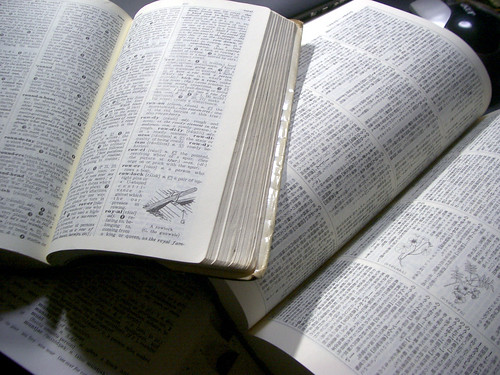Of course, press release writing is one of the services we provide for our clients, but if you're looking for some quick DIY tips, read on.
Start by writing a short response to each of the questions below:
- What's the big news? What's the one thing you want people to know?
- Who is it about? Give a little detail on the human being(s) behind the announcement, and what makes them special.
- Why is it important? Is it the first time this has happened? Is it a brand new idea?
- How can people get involved? Is there a place they can sign up? Find out more?
- Who are you? What's your story in 3 sentences or fewer?
---
[Your name and title]
[Your group or organization's name]
[Your phone#]
[Your email address]
FOR IMMEDIATE RELEASE
[Headline]
[Secondary headline - if needed]
[Your city, State] -- [Today's date] Use the first paragraph to answer item #1 from above. You want this paragraph to be about 2 or 3 sentences long - not longer. And it should be written to make the reader want to hear more about the thing you're announcing. Avoid exclamation marks and words like "amazing" and "spectacular" and "out of this world" - editors might think you sound a little silly.
The second paragraph is your answer to item #2 above. This is your chance to make your release feel human. Quotes from key people, a personal story, or a little fun fact is a good way to help the reader connect with your story. Editors are still trying to figure out what makes your announcement of interest to their audience. If you can't help them answer that question, they'll ignore your release - and rightfully so.
The third paragraph is your chance to answer item #3 from above. If you believe your announcement is important enough to be considered "news" - this is your chance to explain why. What's newsworthy about it? Why should it make the papers or the evening broadcast? What's makes it special? Here's another opportunity for a quote from key players, or a human interest anecdote.
Finally, wrap up with an action item. How can people get more involved? Where can they find out more about the thing you're announcing?
[Traditionally, a set of ### symbols is used to indicate the reader has reached the end of your announcement - it should appear centered underneath your final paragraph]
###
About [you or your group]
Include a 2 or 3 sentence summary of who you are immediately under your release. This is your chance to explain why you're qualified to make this announcement, and how to find out more about you. Be sure to include a URL to your website if you have one.
[Traditionally the word 'end' should appear at the end of your release to indicate there's nothing else to read - it should appear centered underneath your 'about' paragraph]
--- END ---
When you're ready to send your release out into the world, consider using the following (free) services:
- PitchEngine (one of our favorites at C+E - check out our agency's newsfeed to see how it works)
- Facebook (you can publish your release as a "note" on your group's fan page and publish it to your followers that way)
- PresseNews (for international distribution)
- Gay Media and Press Network (for LGBT media distribution)
Have other suggestions? Feel free to leave them in the comments section below.














